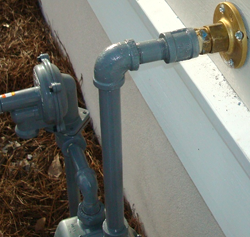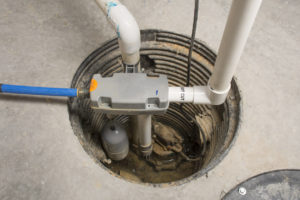 Natural gas is used in many homes nationwide for heating and cooking. It’s found in the ground, often in conjunction with petroleum. It consists of methane and trace amounts of gases like carbon dioxide, propane, ethane, and butane. It’s a flammable gas, but it’s very safe and convenient when used appropriately in homes.
Natural gas is used in many homes nationwide for heating and cooking. It’s found in the ground, often in conjunction with petroleum. It consists of methane and trace amounts of gases like carbon dioxide, propane, ethane, and butane. It’s a flammable gas, but it’s very safe and convenient when used appropriately in homes.
USES FOR NATURAL GAS IN THE HOME
Popular for its efficiency and affordability, natural gas is generally seen as a superior fuel source for residential heating and cooking. It can be used to power many heating and cooking appliances, including the following:
- Cooktops, ovens, ranges, and grills
- Furnaces, fireplaces, and boilers
- Clothes dryers
- Water heaters
- Swimming pools and hot tubs
Benefits of Natural Gas
There are many benefits to using natural gas over other fuel sources, but the most common reasons people turn to natural gas are below:
- Less expensive than other fuel sources
- Burns cleaner than other fuels
- Reliable and efficient fuel source
Signs of a Failing Gas Line
Although natural gas has many benefits, it can be hazardous if your gas line is compromised. Ensure your home and family are safe by keeping an eye out for these signs of a failing gas line:
- You smell an odor like rotten eggs
- The grass is dying where your gas line runs
- Gas-powered appliances aren’t working as they should
- Your gas bill is inexplicitly higher
If you suspect you have a gas leak, leave your home and call 911 and your gas company immediately. If you need a gas line repair, our experienced and qualified team is here to help ensure your family’s comfort and safety.



